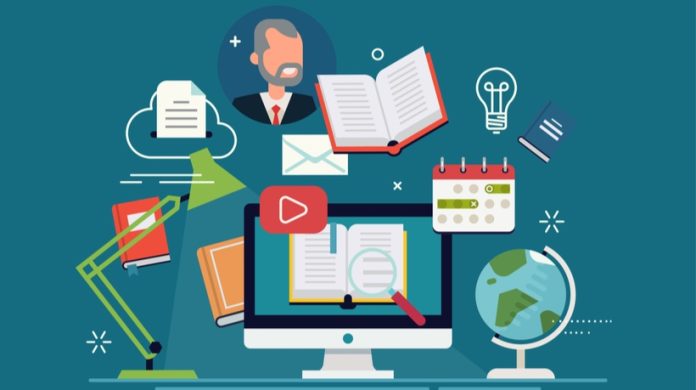As Nigeria joins the rest of Africa to commemorate the Day of the African Child, UNICEF calls on government and other stakeholders to exploit the opportunities offered by digitalization for learning and development of Nigerian children. The theme for this year’s Day of the African Child; The rights of the child in the digital environment offers us to opportunity to advocate for digital inclusiveness for all children – the right of every child to participate in the digital space. In realizing this right, we are equally offered the opportunity of exploiting the digital space for learning and development.
The education sector in Nigeria faces many challenges. One of these challenges is access to quality learning which is inhibited by low domestic spending on education resulting in limited school infrastructure and qualified teachers, high levels of poverty and social norms not supportive of education especially for girls. These challenges are exacerbated by attacks on schools and abduction of learners. Both have made parents fearful of sending their children to school.
The disruption to education by school attacks has meant millions of children have significantly missed out on learning they would have acquired if they had been in the classroom. More than 10 million children are not in school at the primary level. For those in school, the quality of learning is poor; 75 per cent of primary school age pupils are unable to read with understanding or solve a simple math problem.
To bridge the access to quality learning opportunities, UNICEF and the Federal Ministry of Education launched the Nigeria Learning Passport (NLP) last year, an online, mobile, and offline digital learning platform powered by Microsoft that enables continuous access to 15,000 curriculum aligned learning and training materials in local languages for learners, teachers, and parents.
The NLP is inclusive enough to bridge the digital divide because of the availability of an offline module that allows for deployment in rural and hard-to-reach environments
It is highly flexible and adaptable, allowing states, schools, teachers, parents, and other users to adapt it easily and quickly as their learning management system in school, for homework support and to ensure continuity of learning when schools are closed in emergency contexts
The NLP is inclusive enough to bridge the digital divide because of the availability of an offline module that allows for deployment in rural and hard-to-reach environments where there is no access to the internet. To this end, UNICEF has provided 780 schools in hard-to-areas and rural schools with 13,500 tablets, 1,000 smart rechargeable projectors and 780 Airtel internet routers. Connectivity has been enabled for 186 schools through a partnership with IHS towers and data costs removed through the whitelisting of the NLP on an Airtel SIM card.
So far, since its inception, the Nigeria Learning Passport has provided access to quality teaching and learning resources to 280,000 learners, teachers, parents and young people.
Result of a user satisfaction survey that was conducted involving 5,002 respondents, 92 per cent of them mentioned that they are using the platform more than once, 51 per cent mentioned that they used it daily and 63 per cent mentioned that they access the platform from home. Additionally, 95 per cent of these respondents mentioned that the content meets their needs, 76 per cent said that they learnt new things and 91 per cent (9 in 10 persons) said that the NLP supported their education.
A student testifying from the survey said that “NLP helped me to gain a lot about the topics I don’t understand in school” while a parent said, “I can prepare my kids ahead of their lesson and also follow up on what they are being taught” and a teacher testify that “NLP improves my knowledge, it improves my teaching skills”.
“Digital technology provides us with a platform to innovate and seeks ways for inclusive quality education for all children”, said Cristian Munduate, UNICEF Representative in Nigeria. “I urge all stakeholders in the education sector to adopt and take the Nigeria Learning Passport to scale to reduce the number of children not receiving any education in Nigeria. It will also improve foundational literacy and numeracy”, she noted.




